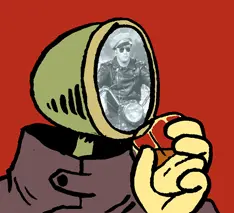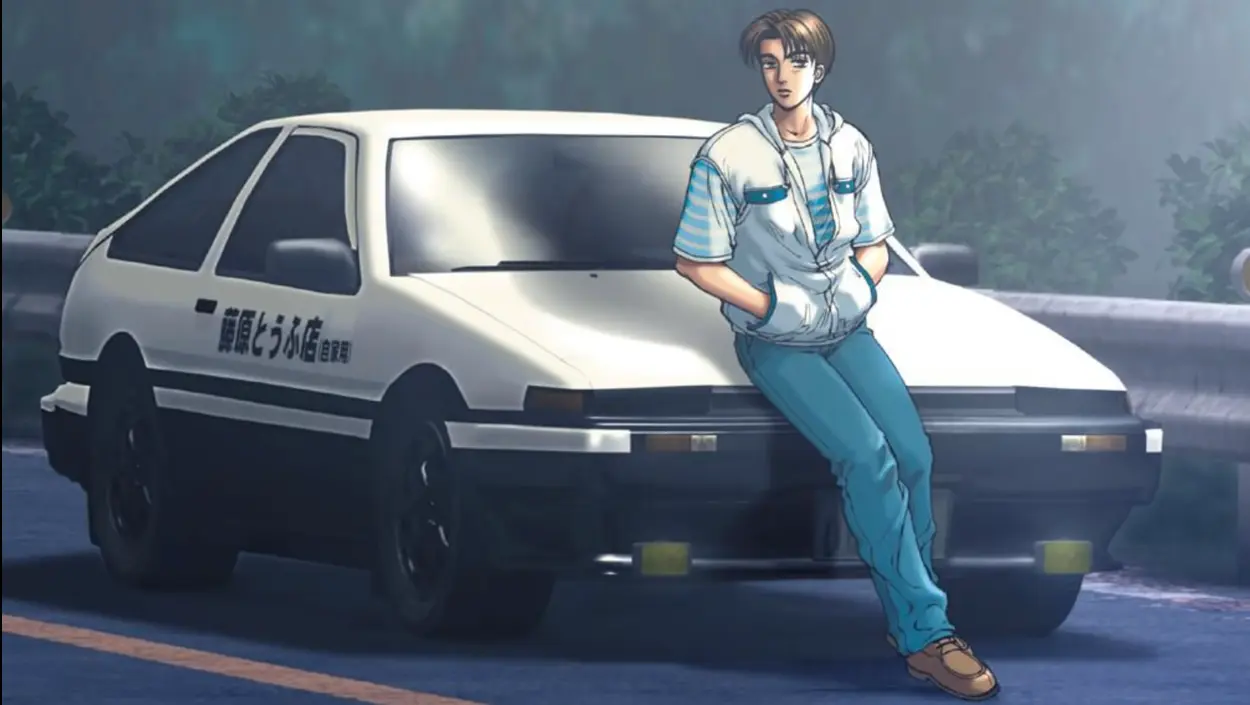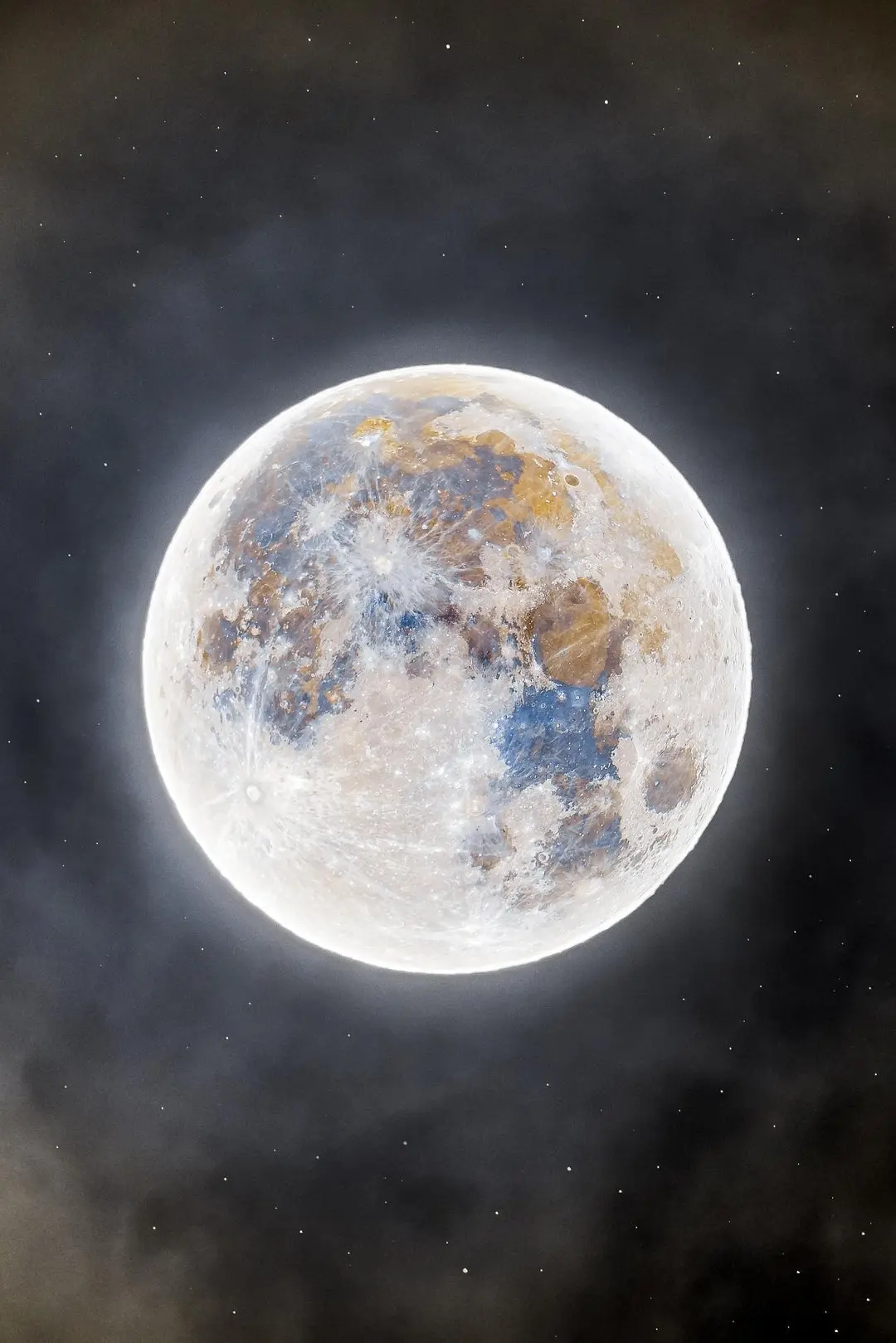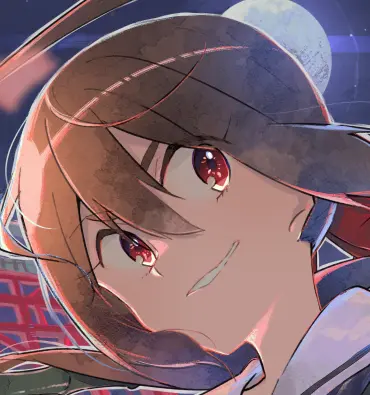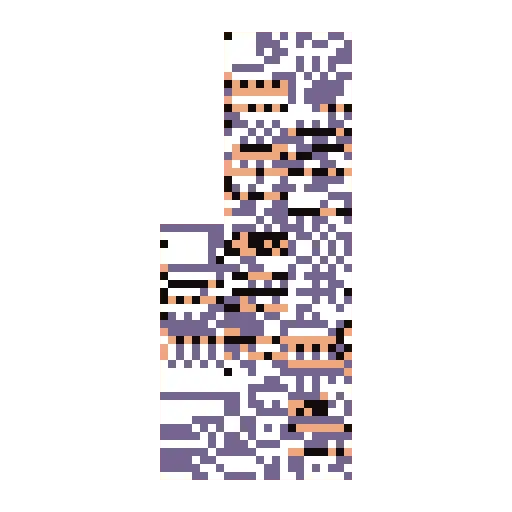Interesting that in the title, stated in absolute terms in the text, and from the designers they interviewed, they cite getting lost as crucial for the genre. Personally, I disagree. Getting lost has tended to be why I didn’t care for certain games in this genre, like Axiom Verge, and it soured my otherwise higher opinion of games like Hollow Knight and Symphony of the Night. Still, I think this is a good exploration of the genre and what makes it tick.
I’ve seen video essays about metroidvanias that talk about “getting lost”. The real point is to follow clues, feel immersed in a world, learn to find your way, and make interesting decisions.
In Hollow Knight, it’s no problem to use the compass if you find that aspect too burdensome. I really enjoyed my time with Axiom Verge, and I seem to recall it came with a compass as standard? Perhaps that’s wrong, it’s been a few years since I picked that one up.
More to the point, which metroidvanias did you like and what did they do differently?
Axiom Verge had a lot of hidden passages through walls and otherwise same-y environments that just made getting back to where I wanted to go a chore. I don’t remember a compass, but if it had one, it didn’t help.
With Hollow Knight and Symphony of the Night, the maps are so large and contiguous, and they give you so little information as to why you didn’t fully explore a corner of the map, that you end up either easily missing a thing that you needed in order to progress or you get there and say to yourself, “oh, that’s right, that’s why I was stuck”, wasting a lot of time traveling there to come to that realization. In most Metroid games, the map is broken up into chunks with lots of entrances and exits connecting to the other chunks, which can keep the map screen small and easier to read. Plus, if there’s an ability that the game wants to make sure you get before you leave, they make sure you’re trapped in there with no option except to find it and make sure you know how it works first.
EDIT: Some of my favorites in the genre would be Batman: Arkham Asylum, most of the Metroid series, Ori and the Blind Forest, and the roguelike A Robot Named Fight.
I wanna second a robot named fight, that game was fantastic.
Ori and the Will o’ the Wisps is an amazing sequel, just as beautiful and just as smooth to play.
Moon Studios also has a new project, No Rest for the Wicked. It is very different from the Ori games but just as well crafted.
Will of the Wisps fell through the cracks for me. It came out at a time after I had switched to Linux and before Proton was a thing. I ought to make time to get around to it someday.
How timely a comment.
I just got pop_os up and running to replace windows 11 on my alienware aurora. Still working on a sound issue in Helldivers 2 but overall has been a smooth transition.
I’ve never heard of B: AA described as a metroidvania… How do you figure that one?
I still haven’t gotten to Ori yet (a glaring omission I know). Never heard of the other one but I’ve wish listed it.
I’ve never heard of B: AA described as a metroidvania… How do you figure that one?
It is a metroidvania. It fits the definition exactly. You backtrack over a space as you get more and more upgrades to unlock parts of it that were gated. The sequels weren’t really that so much, because they were open world games that gave you access to the entire map, give or take a few interior areas.
A Robot Named Fight is a fairly obscure indie game, but if you wish you could get that experience of playing Super Metroid for the first time over and over again, this is as close as you’ll get.
I suppose you’re right, I guess I had a blind spot there. Haven’t played it.
Hollow Knight is pure art!
It’s one of my top five all timers, and my kid’s. Raising em right. I was just trying to figure out where this other fella was coming from.
I’m bookmarking this link so I can read it when I have the time. Having said that, it should be clear that I haven’t read the article, yet.
For me personally, 80’s and 90’s 2D Metroid and Castlevania games were fun, but for me, something transcendental happened with the release of Castlevania: Symphony of the Night. I’m 100% certain that I am incapable of truly putting it into words, but I’m sure a myriad of people have done it, and done it far better than I ever could. I bought the game on a whim because I enjoyed Castlevania 3 on the NES so much. Other than fighting games, 2D games were basically blasé for 90’s 32-bit systems like the original PlayStation. Truthfully, I’m having a hard time recalling at the moment why I decided to buy the game. But I’m absolutely 10010% sure it was a good idea and I’m honestly thankful to my teenage self for that decision.
Modern Metroidvanias are fun, too. Truth be told, I gave up on Hollow Knight. I’m a patient, older gamer, so maybe that comes into play. But it eventually got to a point where it simply wasn’t fun anymore. I was confused about what I needed to do next and I wasn’t making any progress in the game. And then I had to set it aside for almost a year. When I tried to return, my memory had faded to the point where I really struggled to play it and make progress. That made me immensely sad. Once I realized that, I simply set it aside.
On the other hand, I played all the Nintendo DS Castlevania Metroidvania games back in the day and even still own the original cartridges. Via Steam, I also played the Gameboy Advanced Castlevanias. They are so much fun for me. So much fun that I purchased the Dominus collection on Steam, which is essentially all the DS games that I already own.
I also played Bloodstained: ROTN. I know there’s a lot of criticism about the game, but I’ll be honest, I loved every freakin’ minute of it. I wasn’t a huge fan of the graphics, but the game play was exactly what I needed at the time and I don’t regret that purchase one bit.
And to finalize things, nice to meet other Metroidvania lovers. We might not all agree on the nitty-gritty details, but it’s still neat to hear from others. Back in the 90s when I was absolutely in love with SOTN despite the fact that everybody else was hating on it entirely because it’s a “2D platformer”, it was hard to imagine that ~30 years later there would be entire communities of people who love these types of games.
Man…I had the same experiences as you with Castlevania games and loved the hell outta Bloodstained. Wish I had more to add but wanted to at least high five lol
High five back at you, my friend.
Blaster Master was an underrated metroidvania. I’m a little bummed they didn’t mention that in the article.
I’ve heard them called “search-action” games before, for people who dislike “metroidvania.”
I’m never sure where to draw the line with metroidvanias. Does Dark Souls count as metroidvania? or Link’s Awakening? Cave Story?
I count Dark Souls as a Metroidvania in my head, honestly.
But I think the actual defining feature is unlocking new abilities to reach new locations.
DS1 has you unlocking new areas that are interconnected with ones previously explored, but you don’t really unlock new moves to get to a new place, it usually just happens after you beat a boss or buy an item.
It’s a good point, they all have item or ability gated progression with backtracking and alternate routes. The more I think about the question, the less of an answer I have…
Yeah a lot of people seem to draw a line between Metroidvanias and classic Zelda games/Zelda-likes. I don’t really know what the distinction is.
The line I personally draw between Metroidvania and Zelda like is the ability to sequence break without glitches and a focus on platforming as the core of movement.
I would argue that 2D platformer should be part of the definition.
Then you’d be excluding the Metroid Prime games from the genre, which doesn’t make a lot of sense.
Getting lost is definitely a love it or hate it kind of thing. I love getting lost in games. I wish more games had it as a feature. It’s extremely rare these days. Most games hold your hand like a toddler at Disneyland.
It’s okay to hate getting lost. There are loads and loads of games out there for you. I just cross my fingers for a few more games for me!
Have you played Chasm? It’s a metroidvania, nothing outside of the ordinary, but map is randomly generated, so you’re guaranteed to get lost lol
Does it have an auto-map feature? That’s the biggest difference for me. I enjoy the newer MVs but the auto-map feature makes it impossible (for me) to get lost. I’m used to games without any kind of auto-map.
Edit: I checked it out on steam. Looks really cool!
I don’t recall tbh, I played it ages ago lol
I think I’d put it this way - I like adventuring, exploring, and finding my way through an immersive world. I don’t like when I can’t seem to stumble into the exact right clue or secret passage or interactable and waste up to possibly hours scouring the same locations over and over.
That said, metroidvanias are my favorite videogame genre. I just had to accept that it’s okay to look up a guide or wiki before I get fully tilted.
Yeah I don’t like banging my head into a wall either. What I mean by enjoying getting lost is being in a dangerous area where I don’t know how to get back to safety. It’s a mini adventure within an adventure to figure out how to escape without dying.
One game I play, Dungeon Crawl Stone Soup, has a built in mechanism to create situations like that: shafts you can fall down that put you into an unexplored level that’s deeper and more difficult than the one you were on. It’s pretty effective at creating these mini adventures though fans of the game complain about them all the time.
Metroid and Castlevania are two of my favorite series, and I adore the genre. That being said… I just can’t seem to get into Hollow Knight no matter how much I want to. Maybe I’m not putting enough time into it but I just keep getting bored quickly every time I pick it up. I think it’s partly the environment, every room looks very same-y so far. I want to like it but I’m clearly missing something
umm actually it’s metroidvaniae
Metroidvanie? Metroidvanii?
if strictly talking about metroid-like games metroidae also works.



